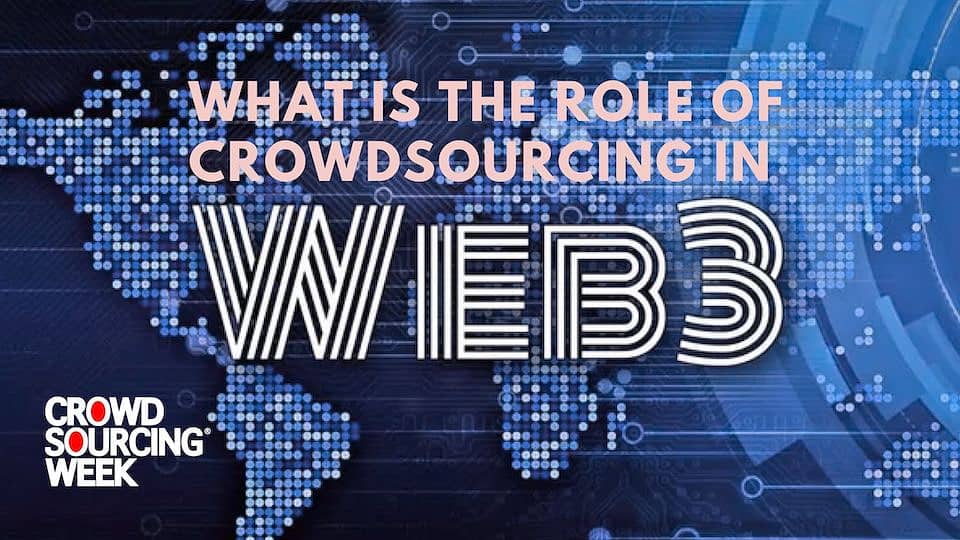Crowdsourcing in Web3 refers to the decentralised process of obtaining goods or services from a large, undefined group of people via the internet, rather than from traditional employees or suppliers. The role of crowdsourcing in Web3 is to empower individuals and communities to collaborate and contribute their skills, knowledge, and resources to create and maintain decentralised applications and services that are more equitable, transparent, and secure. This can lead to increased innovation, collaboration, and democratisation in the development and deployment of new technologies, as well as in the creation of new forms of governance and value exchange.
The possibilities
Crowdsourcing in Web3 is made possible by blockchain technology, which allows for the creation of decentralised networks and platforms that enable secure, transparent, and trustless transactions and interactions between participants. This allows individuals and communities to collaborate and contribute to decentralised applications and services in a way that is not controlled by a central authority or intermediaries.
Examples of crowdsourcing in Web3 include decentralised autonomous organizations (DAOs), prediction markets, decentralised exchanges, and decentralised identity systems. In these systems, users can participate and contribute to the development, maintenance, and governance of the network, and receive rewards or incentives for their contributions.
Crowdsourcing in Web3 can also enable new forms of value exchange, such as token economies, where users can earn and trade tokens that represent ownership or utility in a decentralised network or application.
Overall, the role of crowdsourcing in Web3 is to empower individuals and communities to collaborate and contribute to decentralised applications and services, leading to increased innovation, collaboration, and democratisation in the development and deployment of new technologies.
Crowdsourcing in Web3 examples
Some of the most notable include:
- DAOs: Decentralised autonomous organisations (DAOs) are organisations that are run through rules encoded as computer programs on a blockchain network. DAOs are governed by their members, who vote on proposals and make decisions collectively. Examples of DAOs include MakerDAO and Aragon.
- Prediction Markets: Prediction markets are decentralised platforms that allow users to make predictions on the outcome of events and earn rewards for accurate predictions. Examples of prediction markets include Augur and Gnosis.
- Decentralised Exchanges (DEXs): Decentralised exchanges are platforms for trading cryptocurrencies and tokens without the need for a central authority or intermediaries. Examples of DEXs include Uniswap and Curve.
- Decentralised Identity Systems: Decentralised identity systems are platforms that allow users to control and manage their personal information and data, rather than relying on central authorities or intermediaries. Examples of decentralised identity systems include Sovrin and uPort.
These are just a few examples of the many applications of crowdsourcing in Web3. With the continued development of blockchain technology and decentralised systems, it is likely that we will see many more innovative and impactful applications of crowdsourcing in the future.




0 Comments